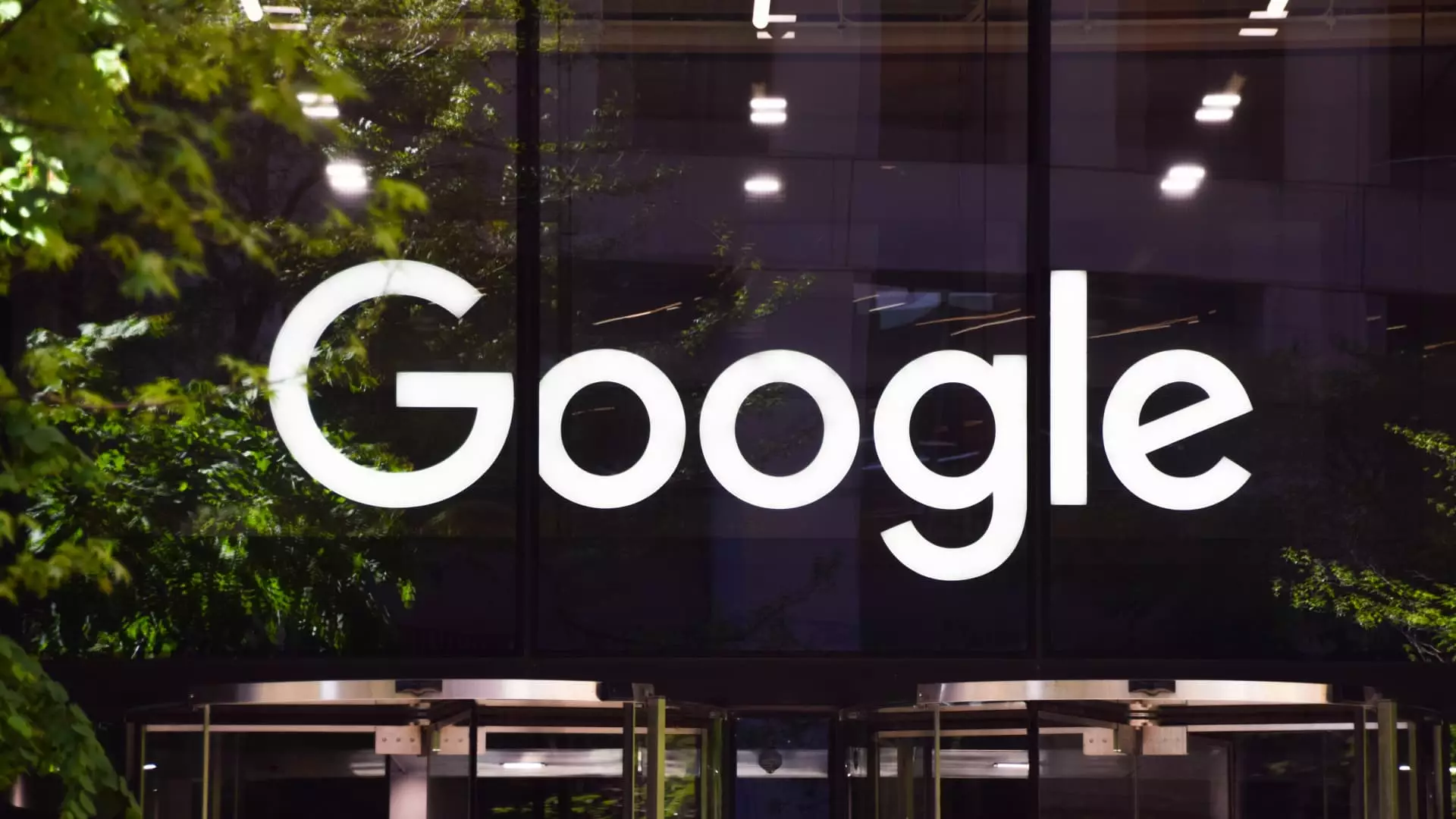Google’s recent commitment to invest a staggering £5 billion ($6.8 billion) in the U.K. signifies much more than just a financial boost; it’s a powerful statement of confidence in Britain’s technological potential. As the country braces for a high-profile visit from President Donald Trump, this announcement underscores a strategic move to position the U.K. as a global hub for artificial intelligence and tech innovation. Rather than being merely economic—though that is significant—it reflects a broader recognition that AI will shape the country’s future competitiveness on the world stage. The planned opening of a cutting-edge data center in Waltham Cross exemplifies Google’s long-term vision, moving beyond current demands to anticipate the rapid growth of AI-driven services like Google Cloud, Search, and Maps within the UK market.
Implications for Employment and Innovation
The projected creation of over 8,250 jobs annually highlights a notable commitment to nurturing the UK’s workforce, infusing fresh talent and fostering technological ecosystems. Such an influx of employment opportunities can have ripple effects across multiple sectors, encouraging startups, research institutions, and established corporations to innovate more boldly. This is a timely boost for the UK’s beleaguered economy, which faces challenges from political uncertainties and post-Brexit adjustments. Moreover, Google’s financial backing for London-based DeepMind amplifies the country’s standing in AI research, especially with Demis Hassabis at the helm—a Nobel-worthy figure. This integration of investment, technological talent, and academia indicates a concerted effort to propel Britain to the forefront of AI development, potentially adding £400 billion to the economy by 2030.
Environmental Collaboration and Global Positioning
In an intriguing pivot, Google’s partnership with Shell to manage renewable energy supplies signals a strategic alignment with sustainable development. This collaboration aims to bolster energy stability, crucial for the growth of data centers and AI operations that demand immense power. It also signals a recognition that technological and environmental initiatives must go hand-in-hand—a necessity if the UK is to lead in green technology. Furthermore, Google’s engagement with major stakeholders during a time of political prominence, especially amid Trump’s UK visit, positions the country as a serious contender on the global stage—not just economically but also as a hub of innovation that can attract international partnerships.
Final Reflection: A Moment of Transformation for Britain
Google’s bold investment is more than a corporate expansion; it’s a testament to Britain’s emerging role as a powerhouse of AI and sustainable technology. While critics might argue that such foreign investments could lead to increased dependency, it’s undeniable that these decisions lay the groundwork for a resilient and dynamic future. When major corporations demonstrate unwavering faith in a nation’s technological landscape, it signals a turning point—one where Britain can leverage its historical strengths to redefine its place in the digital era. This isn’t just about capital; it’s about rewriting the narrative of innovation, economic resilience, and environmental responsibility for the decades to come.

